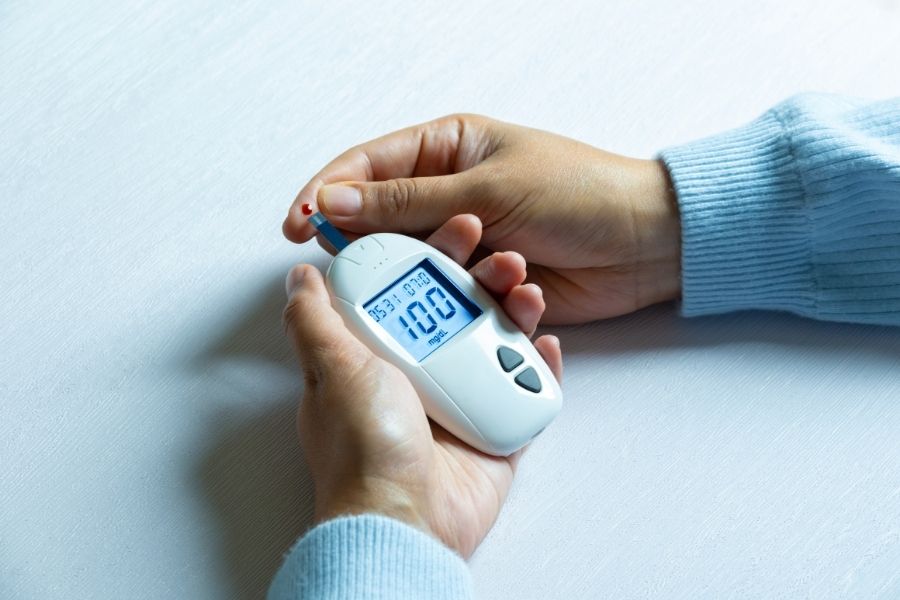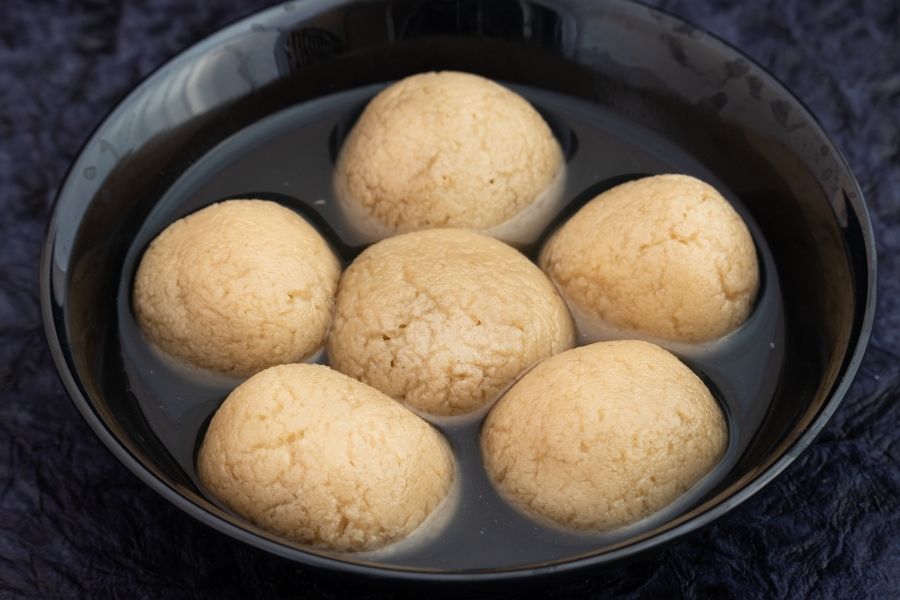World Diabetes Day and World Rosogolla Day being observed on the same date feels like the universe has a sense of humour. On one hand, doctors across the globe remind everyone to keep an eye on their sugar levels. On the other hand, Bengal proudly celebrates the pillowy white orb that is dipped entirely in sugar syrup.
World Diabetes Day has been observed on 14 November by the International Diabetes Federation (IDF) and the World Health Organization (WHO) since 1991. It is aimed to raise awareness about diabetes, its rising prevalence and the importance of early detection and healthy habits. Every year, medical organisations use the day to talk about prevention, lifestyle and the long-term impact of uncontrolled blood sugar.

Shutterstock
But in Bengal, 14 November also carries another layer of emotion. In 2017, after a long and very public tug of war with Odisha over the sweet’s origin, Bengal received the GI tag for Banglar Rosogolla. And the Trinamool government promptly declared the day — Rosogolla Day.
Since then, 14 November has become a celebration of the melt-in-the-mouth mishti that Bengalis consider nothing short of a cultural symbol. For many, the rosogolla is not just a sweet; it is a celebratory treat for good news and an essential at wedding rituals. Some families believe that eating warm, freshly made rosogollas settles the stomach. In other words, the rosogolla is woven into Bengal’s emotional and culinary DNA.
The sugary buzz runs parallel to Kolkata doctors delivering their annual reminders about health and balance. “Sweets alone don’t cause diabetes,” said Rachna Mazumder of Fortis Hospital, Anandapur. It’s regular overeating and inactivity that reduce the body’s ability to handle glucose. Refined sugar causes quick spikes, and “moderation is the key,” she added. An occasional rosogolla is fine for healthy individuals.

Shutterstock
Anjan Siotia, director of Cardiology, BM Birla Heart Hospital stressed that diabetes affects the heart, kidneys, eyes and limbs. “The goal is not just lowering sugar, but preventing complications,” he explained.
Sanjay K Shah of Narayana Hospital notes that frequent high-sugar intake leads to weight gain and rising glucose levels, making the body less responsive to insulin. For those with diabetes, “be more cautious,” he said, even suggesting squeezing out some of the syrup to reduce the load.
